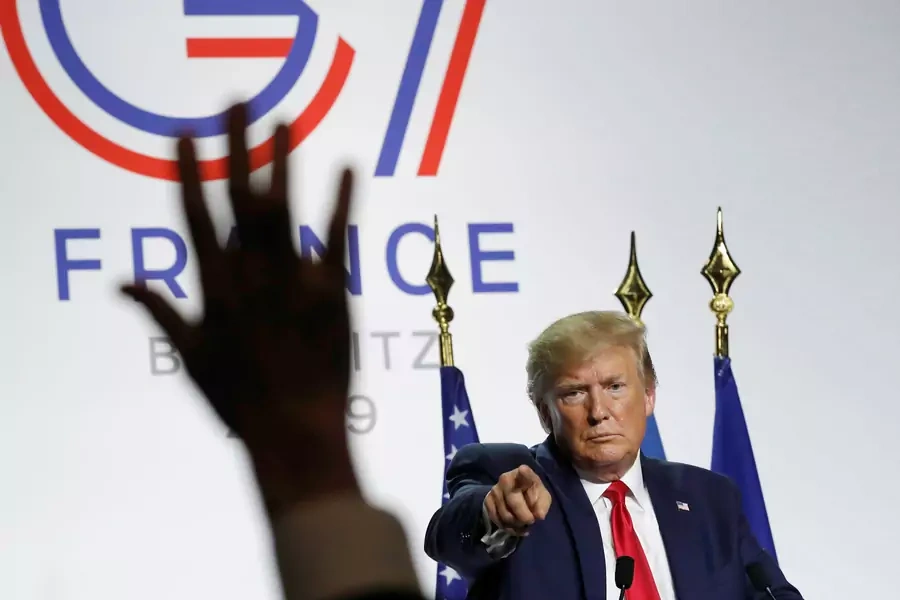Expanding the G7 Makes Sense. Including Russia Does Not.

In my weekly column for World Politics Review, I argue that including Australia, South Korea, and possibly India in an expanded G7 merits consideration, while adding Russia to the group does not.
Pity the U.S. officials in charge of planning this year’s Group of Seven (G7) summit. President Donald Trump initially planned to convene the annual summit at his own private golf resort in Miami. When this bit of self-dealing elicited bipartisan blowback, he shifted the site of the meeting, originally scheduled for this week, to Camp David. Then COVID-19 intervened, and the White House announced plans for a virtual summit, only to have Trump propose on May 20 that the leaders would gather in person after all. When German Chancellor Angela Merkel demurred, the peeved president pivoted again. On May 30, without consulting his G7 partners, Trump abruptly cancelled their meeting and declared the group obsolete.
More on:
“I don’t feel that as a G7 it properly represents what’s going on in the world,” he told reporters aboard Air Force One. “It’s a very outdated group of countries.” To remedy this situation, he announced that he would invite Australia, India, Russia and South Korea to join the existing members at an inaugural summit of the “Group of Eleven” in September, or perhaps November.
Read the full World Politics Review article here.
More on:
 Online Store
Online Store
